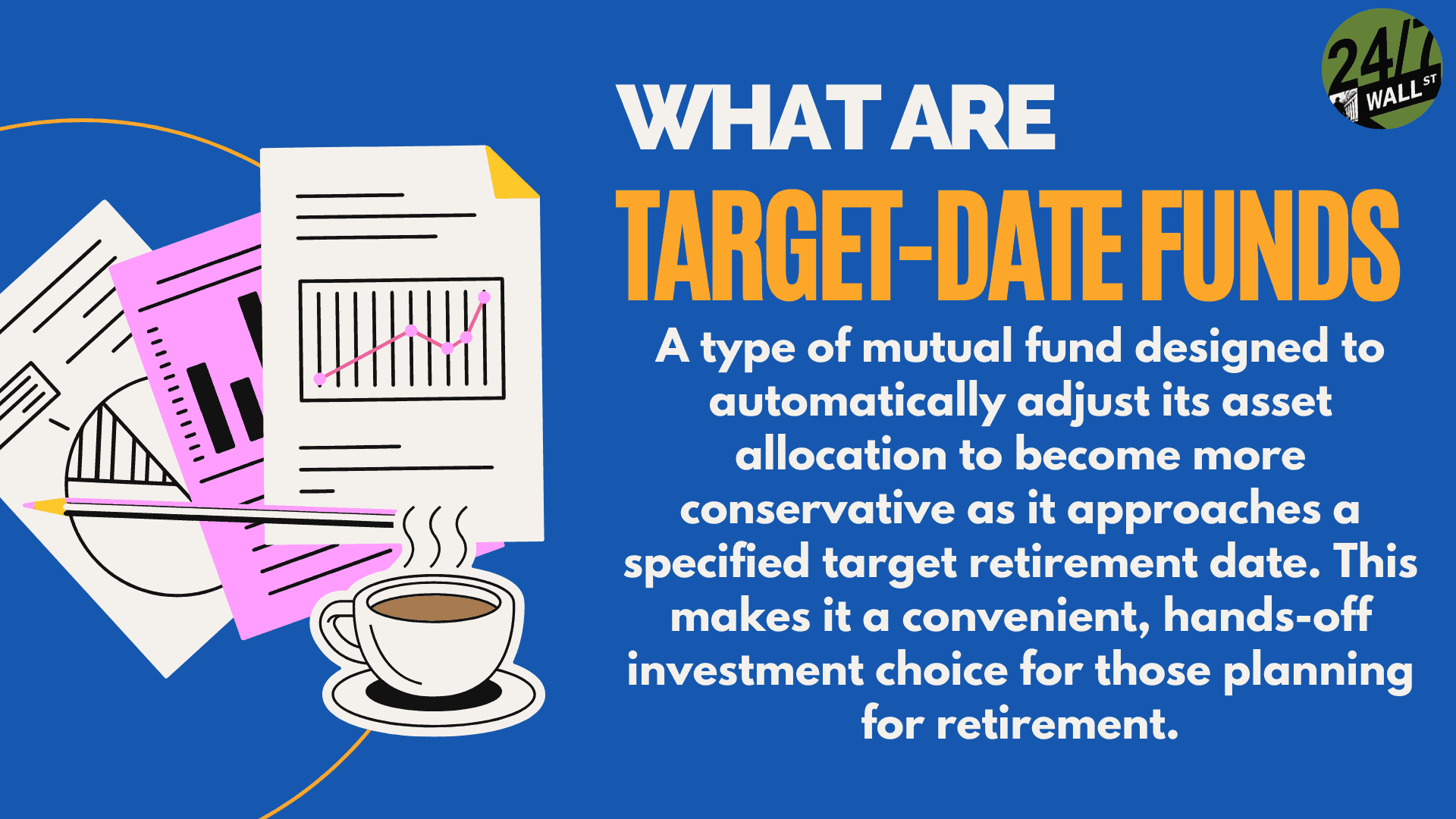Personal Finance
Money expert Clark Howard says this brilliant retirement strategy is like hitting "the easy button"

Published:

Clark Howard, the man who started in the travel agency business and became a radio host and self-proclaimed expert on personal finance, says that target-date funds are the “easy button” for anyone wanting to invest money for retirement. But what makes it the easy button, why does Howard recommend it so much, and should you invest in a target-date fund?

Very basically, a target-date fund is an index fund that automatically does all the work of investing and reallocating your investment funds for you as you age. It is the ultimate version of set-it-and-forget-it investing.
If you manage your own investments, you have the choice of deciding how involved you want to be in where and how you invest, but it’s always going to involve picking the funds or stocks you want to buy, when (or if) you migrate those funds to less risky investments as you grow older, when and how to reinvest any dividends when to cash out, and much more.
With a target-date fund, the only work involved on your end is selecting which year you want the fund to finish. It is recommended that you pick the year you plan on retiring, but you can pick any year you want. In fact, most companies that offer target-date funds will usually have your retirement year pre-selected based on your birthday data they have on file.
In the beginning, your target-date fund will allocate a majority of your invested funds into high-risk stocks that have higher earning potential. Depending on your personal preferences and the company you invest with, you might have a selection of different kinds of target-date funds with your termination year, these will include different index funds or balances of stocks and bonds. Most of them will always invest at least some of your money in bonds and low-risk stocks throughout the lifetime of the investment.
As you age, your target-date fund will automatically transfer funds from high-risk investments to low-risk investments with more stable growth like government bonds and large company stocks. This gradual transfer achieves two things: it preserves any gains already made in your fund and reduces the risk of any catastrophic losses as time passes. The closer you get to your retirement age, the less risky your investments become and the more guaranteed your returns are and huge market crashes will be less likely to wipe out your investments.

No matter what someone else says, even if they call target-date funds the “easy button” for investing, you should always do your own research and make investing decisions based on your own financial situation and goals.
While some funds allow you to adjust your risk tolerance, they will typically invest your money on your behalf in a variety of mutual funds, index funds, exchange-stranded funds, stocks, and bonds. If you are a stickler for which individual stocks you want to invest in or have a moral or spiritual objection to owning stock in certain industries, then you should avoid a target-date fund or just have a separate investment account you manage on your own.
Most target-date funds also out-perform the funds that are personally or professionally managed. The simple, emotion-less investing strategy allows fund owners to weather scary market downturns and enjoy near-guaranteed gains at a predetermined date. Even for those personal investment funds that manage to out-perform target-date funds, is the small, marginal gain worth the hours and days wasted on research, stress, and worry?
To decide whether you should invest in a target-date fund, you should ask yourself a few questions:
If you want some kind of hand in where your investments go, then a target-date fund probably isn’t for you, unless you are using it as part of a larger investment strategy. If you have a higher risk tolerance, then you might benefit from finding more risky investment options since a target-date fund will gradually become less risky as time passes.
If you are not planning on investing for retirement, or for the long-term, then a target-date fund probably won’t show the kinds of returns you want to see as it will be designed for long-term success.
And finally, any financial expert will tell you, especially Clark Howard himself, that if you don’t already have a 401(k) or IRA, you should invest in that first before investing in a target-date fund. An employer-sponsored retirement plan or IRA will always have better returns (especially if you have an employer match) and fewer taxes than a target-date fund.
Are you ready for retirement? Planning for retirement can be overwhelming, that’s why it could be a good idea to speak to a fiduciary financial advisor about your goals today.
Start by taking this retirement quiz right here from SmartAsset that will match you with up to 3 financial advisors that serve your area and beyond in 5 minutes. Smart Asset is now matching over 50,000 people a month.
Click here now to get started.
Thank you for reading! Have some feedback for us?
Contact the 24/7 Wall St. editorial team.